Once an off the beaten track pirates' secret?
Off the beaten track was the description for locations that pirates loved.
There are several of them on the biggest of all Canary Islands.
Santa Cruz de Tenerife capital had more than one, such as near San Andres.
The Tenerife pirate Cabeza de Perro had his own secret landing bay by the coasts of the Anaga.
Corsairs like a famous British Admiral knew of such spots. However, they were also aware of their dangerous hidden cliffs and malicious currents. Punta Brava was such a hazardeous location with its only occasional exception at the tiny beach Playa Chica.
That little Girl Beach that's still used now for village fishing trips wasn't really hidden against detection.
By the way, we should thank the brave men for catching seafood on the biggest Canary Island under often very hard conditions.
Notice the huge sign post "Zona Peligrosa"(Danger Zone) in the picture on the right. It shows why this picturesque location of Punta Brava Puerto de la Cruz is normally not on tourist maps.
Tempting, secret geographic treasures
However, people love challenging geography. They don't just want to admire the Punta Brava skyline from a safe distance, as portrayed below. There, they want to explore strolling around or to fish out of prying eyes.
How get there?
There's more than one entrance to this fishing hamlet.The most picturesque is to be found a mere five minutes on foot from Loro Park in westerly direction. It's right next to a tiny chapel.
Punta Brava stairs a puzzle?
Why are these stone stairs in such an awkward spot?
For fishermen to climb down to the shore to collect crabs?
I have never seen boats or the like there.
Mind that it's quite an elaborate staircase made of solid stones that was partly demolished in 2020 to the best of my knowledge. In 2025, I noticed a couple of wooden ladders in its spot, and a man fishing below.
That may explain the stone stairs.
So why live at Punta Brava?
Tinerfeños have stayed there only since the early XX, while very little is known about its former Guanche residents. All have done so for the love of the sea, for convenient fishing and for peace; Never mind the pirate threats in the centuries XVI, XVII, XVIII until the late XIX.
Off the beaten track, as one of life's controversies
Plant landscaping seems to take more time for best results on the pedestrian Road Calle Tegueste. It's still in the progress of being changed. Initial palms have been removed.
Stroll along its narrow coastal walkway high above steep cliffs, once you've discovered the gap to get there.
Then, spot narrow alley ways between many colorful, but humble fishermen houses, some of which are directly by the shore.
Some were even built high up into the black, volcanic rocks, There, often notice patches of natural, orange growth. No real traffic from cars will disturb your contemplation of the wild, blue Atlantic.
Indeed, many hideaways of parts of Punta Brava of Puerto de la Cruz are treasured by its courageous fishing community.
Why?
The best and bravest fish love turbulent seas.
A real authentic fish restaurant
Authentic, because of perfect matching surroundings that give you the most adequate feel to be one with the sea. This treasure trove used to be Tambo's for eating out with delicious seafood.
Tambo Restaurant's management has been replaced by Restaurant Marlin's that still seems to go strong in 2025. It's by a tiny bay which you would hardly find if not told unless getting there via Calle Añaterve.
Environmental care taken seriously at Punta Brava
Mind the Spanish coastal law by an article by the UK Guardian newspaper.
From off the beaten track back to the other side of Puerto de la Cruz

Please mind that the comment box below is meant to help others. In case you have a question or want to tell me something, kindly use this contact form.
This site is protected by Copyscape
Transfer wanted
in Europe?

Optica Columbus Best optician Tenerife North Important eye tests Call 922 387072
Insider

Note:
Text and images within this site are not to be copied or traded at any time. This regards online and offline.
Please respect my copyright
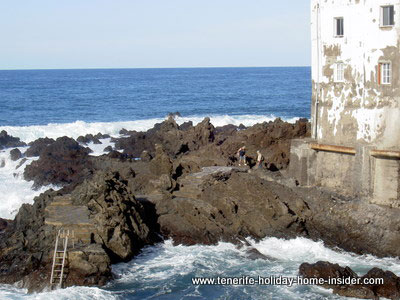
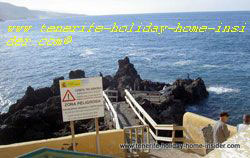
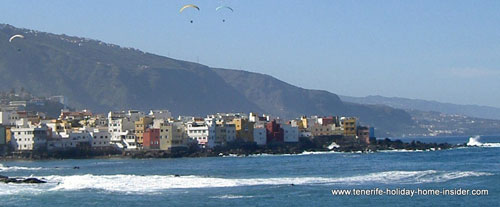
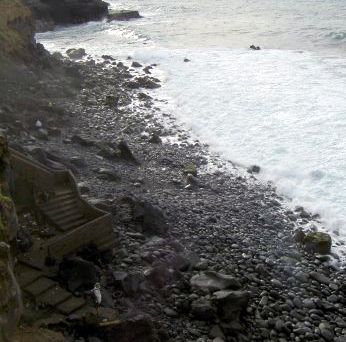
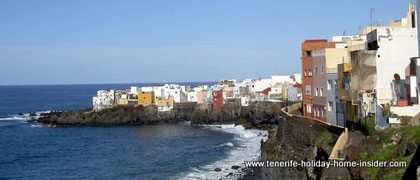
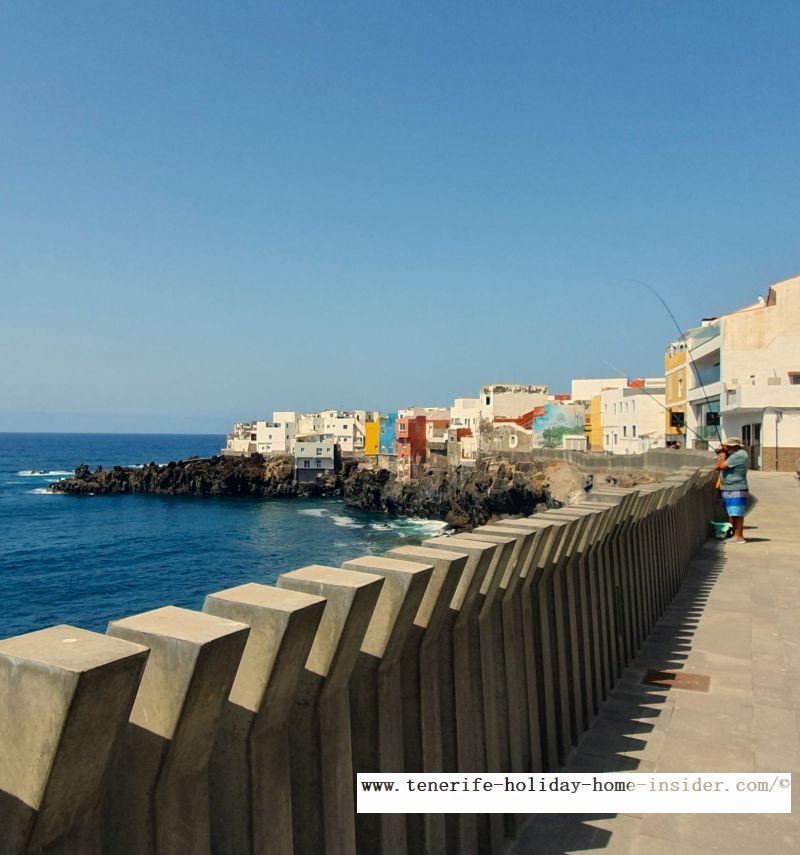
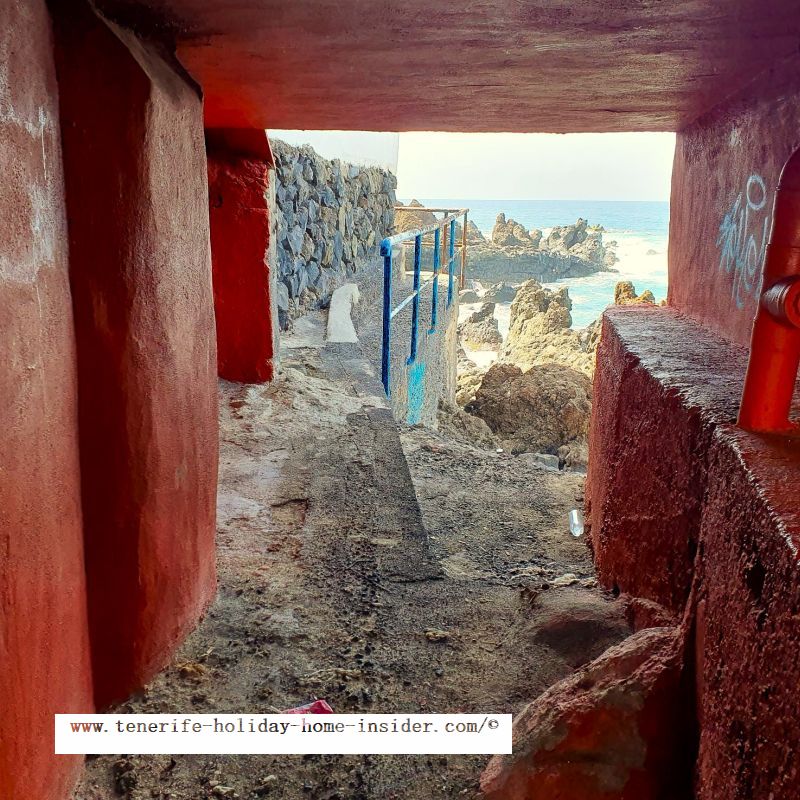
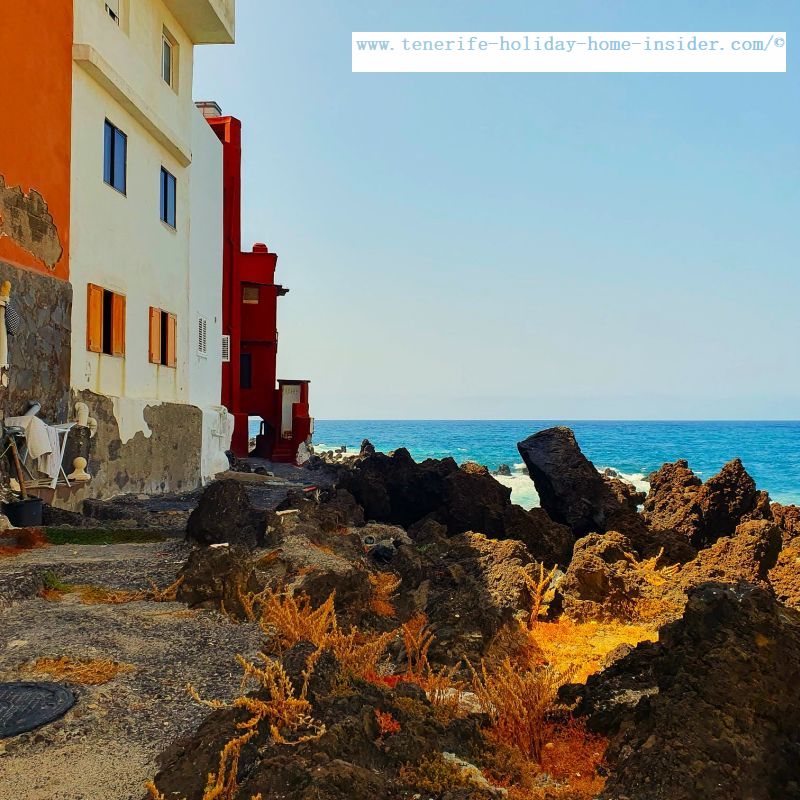
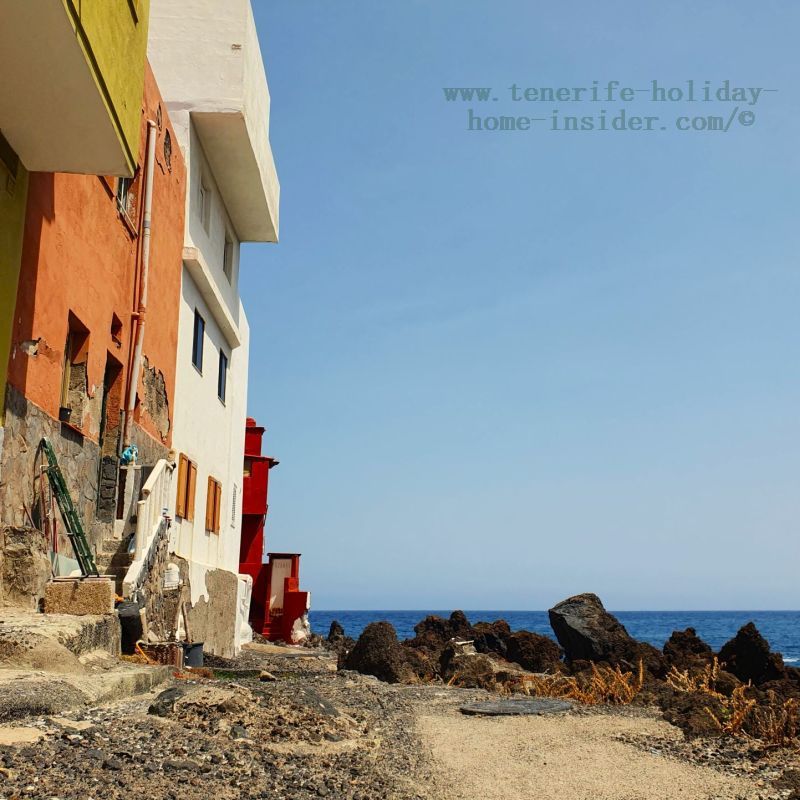
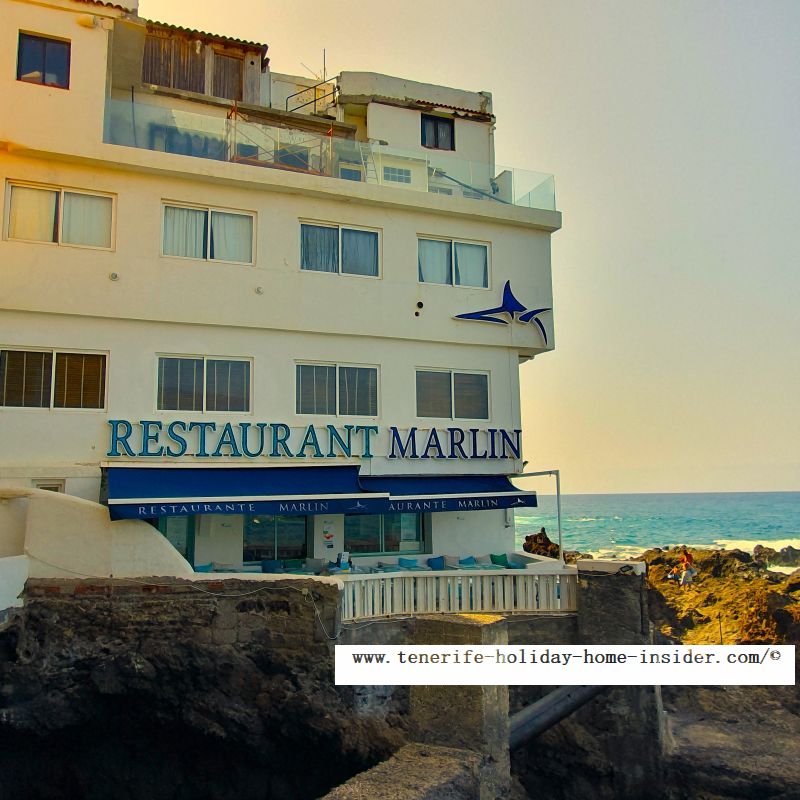






New! Comments
Have your say about what you just read! Leave me a new comment in the box below.